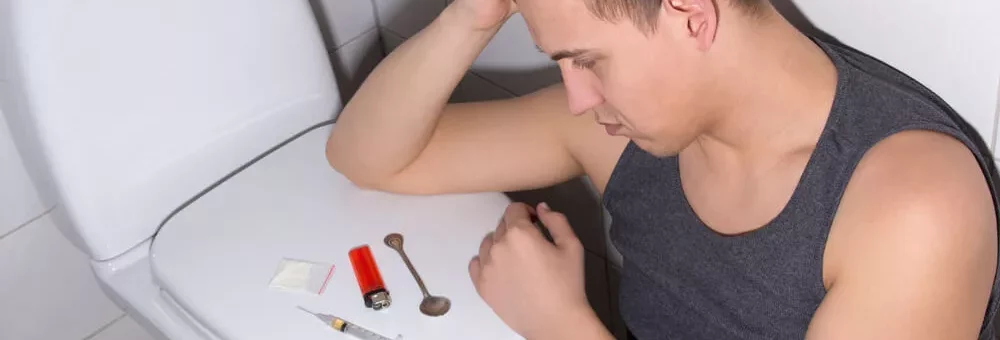
How to Overcome the Stages of Relapse
Legacy Healing Center Blog
Are you experiencing the symptoms of relapse? Learn more from Legacy Healing Center.
Overcoming addiction is not an easy fix but rather a process of thoughts and actions that lead to sobriety. The stages of relapse vary but following each stage properly can help achieve sobriety.
Once the recovering addict reaches the stage of sobriety, he must be aware that he can begin to experience the signs and symptoms of relapse. This can be a dangerous time for the recovering addict, and he will need help and guidance to get through this period.
If you or someone you love needs help with addiction, call 954-994-2965 today to speak with a treatment specialist.
Stages of Relapse
Relapse is a common occurrence among many recovering addicts. That is why it is important to know what relapse stages are, and have a relapse prevention plan in place to handle them. Just because you are experiencing symptoms of relapse does not mean that you will relapse. You can overcome it if you are willing to put in the work and keep your mind positive and strong.
Addiction is a chronic disease of the brain that can last for months after the cessation of substance abuse. Drugs and alcohol cause changes in how the brain works, and give the recovering addict strong urges to keep using.
Restoring proper brain function is a process that takes time. Depending on the severity of the addiction and its duration, it can take months or years to achieve full brain function restoration.
During this process, the recovering addict can experience strong compulsions to use again and this can cause him to relapse. Some addicts never fully recover from the effects of addiction, but they can learn how to cope with the symptoms of relapse.
Relapse Stages
So, what are the signs, symptoms, and stages of relapse? There are 3 primary relapse stages: Emotional, Mental and Physical, and they often overlap. These stages of relapse include the following:
1. The recovering addict is not focusing on self-care and coping behaviors. They may be hiding their emotions and distancing themselves from the support and love of family and friends.
2. They are not actively participating in recovery meetings. They are going through the motions but they are not plugged-in.
3. Other symptoms of relapse can include feeling sad and experiencing negative thoughts and emotions, which can lead to depression.
4. Anger, mood swings, increased stress levels, guilt, confusion, loneliness, and anxiety are some of the mental and emotional stages of relapse.
5. The recovering addict may think about using drugs or alcohol again, thinking that just once would be alright. They may begin to associate with people who practice substance abuse, subjecting themselves to many triggers of relapse.
6. Lying, dishonesty, hiding their whereabouts, and isolating themself from family and friends are other relapse stages that recovering addicts can exhibit.
7. Not attending therapy sessions or their support group meetings are other common stages of relapse.
8. The recovering addict may begin to have money problems and ask to borrow money or begin to steal.
9. They may also exhibit poor eating habits, and have trouble sleeping.
10. Physical relapse stages can include: drug cravings, dilated pupils, runny nose, sweating, nervousness, erratic behavior, slurred speech, nausea, vomiting, and lethargy.
Once a recovering addict relapses, they may begin to exhibit a wide variety of symptoms mentioned above. They will seem to be “out of sorts” or not their usual self. Through the help and encouragement of friends and family, it is important to try and convince the addict to go back to a rehab facility to detox and begin therapy sessions again.
Relapse is part of addiction and the National Institute on Drug Abuse estimates that between 40 and 60 percent of people addicted will relapse. This is why it is crucial to know the stages and signs of relapse so you can create a plan and have safeguards in place to protect you.
You can learn more about the stages of relapse at Legacy Healing Center by calling 954-994-2965 today to speak with a treatment specialist.
